The Silence Isn’t Just Silence
Often, when a child begins to pull away from their parents or anyone in their lives, it doesn’t come with a dramatic exit or a cinematic door slam. It’s quieter than that. It’s the shrug when you ask about their day, the slow fade-out of eye contact at dinner, the growing space between what used to be shared and what now sits there without a voice or words. Its this quiet space that usually brings parents to worry and ask the question, “Does my child need therapy?”
You may have the regular ideas that are hopeful in tone: maybe it’s hormones or school stress or just a phase. Kids go through moods, right?
These things are all absolutely possible. But some silences aren’t just moods. They are signs of something deeper brewing that might need a more educated understanding to uncover.
Does My Child Need Therapy?
Mental health issues in kids don’t always look like crying fits in the grocery store.
More often, its where (and how) they slowly disappear. It could be a lost interest in things they once loved, a disconnection from family, eating less, sleeping more. It’s a vanishing act that happens before our eyes.
And you know as well as anyone, a kid is not going to say, “Hey, Mom, I’m feeling emotionally dysregulated these days.” They say, “I don’t know” or “I’m fine,” and they disappear into their rooms.
This is where early detection matters. Because some kids need help. But they don’t know how to even say where the pain is, let alone ask for a way to make it better.

When the Words Stop Coming
So what does it mean when your child won’t talk to you anymore? It may mean they’re overwhelmed. It may mean they don’t want to burden you. Or, heartbreakingly, it may mean they’ve stopped believing their words will make a difference.
Emotional shutdown is often a sign of helplessness that they have experienced or learned. It happens when a child has tried (or wanted to try) to communicate but didn’t feel heard—or couldn’t find the right language.
Phase or Something Deeper?
One of the most frustrating parts of being a parent is trying to figure out what’s normal.
Is your child simply growing into the messiness of being a little person, or are they sinking under something heavier? The difficulty is that the line between “just a phase” and something more serious isn’t always obvious.
especially when kids themselves aren’t sure what’s happening in their own heads. Emotional shutdown is one of the more biologically complex stress responses. It’s not laziness or drama or even their way to tell you to back off—it’s their little body saying, “This is too much.”
Does my child need therapy for depression?
When we talk about depression in children and when we treat it, we have found that it can look different than it does in adults. Depression in children wears different masks.
Instead of sadness, it shows up as irritability, fatigue, or apathy.
Instead of talking about feeling hopeless, they might obsess over mistakes or get angry when you ask simple questions.
A Child’s Brain Is Moving
When a person is under the age of 20, their brain development is still in full swing, particularly in areas responsible for emotional regulation and language. Imagine the how tough it would be to express something that doesn’t even have a name for most adults.
Counseling for kids and mental health treatment for adolescents can step into this space. It gives them the tools they don’t yet know how to ask for.
Mental Health and Kids: What to Watch For
Here are a couple of early signs you can look for if you wonder about mental health treatment for your child:
- Withdrawal from family, friends, or once-loved activities
- Big changes in appetite, energy, or sleep
- Unexplained irritability, sadness, or emotional numbness
- Trouble concentrating or a drop in school performance
- Talking about being “tired all the time” or not caring about anything
If these things are happening for more than a couple of weeks, or if they start stacking on top of each other, don’t wait. You can even call us at Pathways Family Therapy to talk out what might be happening.
Mental health conditions in children are more treatable. And the earlier they’re addressed, the better.
It’s not overreacting to want clarity. It’s not coddling to seek help. It’s parenting from a place of courage.
What Should I Do?
The first move is a calm presence. Words don’t have to come first. Be nearby, not all over them. Listen without fixing. Get curious; don’t interrogate.
And know that reconnection isn’t about words—it’s about consistently showing up, again and again, in the quiet.
That’s how trust begins to regrow.
So—Does My Child Need Therapy?
Let’s ask this another way: Would your child benefit from a safe space to process feelings, from an adult who isn’t emotionally tied to the outcome?
If the answer might be yes, that’s reason enough.
Therapy for kids doesn’t mean something is broken. It means a what your kid is going through deserves attention.
Therapy gives kids a language for their experiences—and an ally. And it gives parents tools for how to stay connected when the waters get rough.
We’re Here When It Feels Like Too Much
At Pathways Family Therapy in San Diego, we specialize in mental health treatment for kids who are pulling away, shutting down, or stuck in patterns that don’t feel like “just a phase.”
Our team offers compassionate, evidence-based therapy that speaks your child’s language—and helps you understand them better, too.
Call us today at (619) 541-5036 to start the conversation that could open everything up again.
This article has been clinically reviewed by Jeff Williams, Licensed Clinical Social Worker – LCSW 28894.




